Cancelling your registration will remove your access to the event. If you proceed, you will no longer be able to participate or access event-related materials.
Deleting your account will remove your access to the event.
Fraudsters now wield advanced tools enabling attacks that challenge even the most prepared organizations. Security leaders, in turn, are adopting cutting-edge defenses. The 2025 ISMG Fraud Prevention Summit addresses this pivotal moment, arming participants with strategies to outpace bold adversaries. Key topics include API security, digital identity, insider threats, credential stuffing and supply chain risks. Experts will share ways to disrupt the shadow economy of fraud-as-a-service and apply lessons from high-profile cases. Attendees will leave equipped to harness AI-driven analytics, bolster collaboration and strengthen defenses for emerging threats.
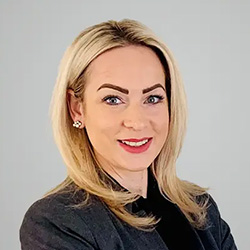
SVP Financial Crimes, M&T Bank, CyberEdBoard Member

Director, Fraud Risk Officer, Valley Bank
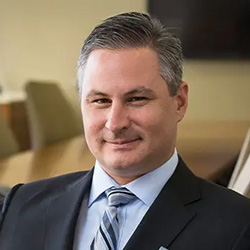
Global Head of Fraud Prevention - Managing Director, Information Security, BNY, CyberEdBoard Member

Detective, Special Frauds Squad, TFO USSS - NYFO
Director, Fraud & Decisioning Products, Mastercard

Head of Fraud Prevention - North America, isolved, CyberEdBoard Member
Thought Leaders on Stage Leading Deep-Dive Discussions
Industry leaders from various sectors in the technology domain share their experience on how the role of chief technology officers (CTOs) has become indispensable across organizations. They discuss unique strategies and techniques applied in businesses, making technology an intrinsic part of their organizational DNA. Additionally, these thought leaders delve into how they have redefined leadership to enhance the organization’s resilience and share their insights on artificial intelligence, sustainability, and the future of internet.
Given the ever-evolving nature of cybersecurity, the agenda will be continually updated to feature the most timely and relevant sessions.
Costello will share insight from CISA’s strategic action plan, which focuses on responsible AI use, securing AI systems and mitigating AI-related threats to critical infrastructure. Additionally, the discussion will highlight the evolving cyber risks and how AI can be leveraged to enhance national security. Attendees will also learn how their organizations can utilize AI to enhance their cybersecurity posture, with insights into CISA’s available resources and collaborative opportunities. This is a unique opportunity for information security practitioners in government to gain valuable insights from one of the leading voices in the field.
Key takeaways:

Technical Product Marketing Manager, Wiz
Join this session to hear from Wiz why organizations are adopting AI-SPM (AI- Security Posture Management) into their CNAPP strategy and how you can effectively secure AI workloads in the cloud while accelerating AI innovation securely.

Head of Global Solutions Architects, Google
Key discussion points:

Vice President of Product Management, Data Security Solutions
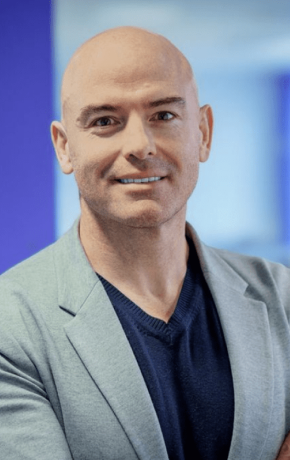
Member of the AI Advisory Council, Government of Ireland
Join Ronan Murphy, a Member of the AI Advisory Council for the Government of Ireland, and Forcepoint’s Vice President of Product Management, Jaimen Hoopes, for an in-depth look at the benefits and risks of popular Generative AI assistants such as ChatGPT, Gemini, Copilot and others and more importantly, a glimpse at a technology designed to secure Generative AI usage.
Learn about the modern security for GenAI tools and the latest tools to minimize risk and maximize productivity and efficiency. In this 30-minute discussion, our panelists will cover:

Senior Product Marketing Manager, Snyk
In this session, we will cover:
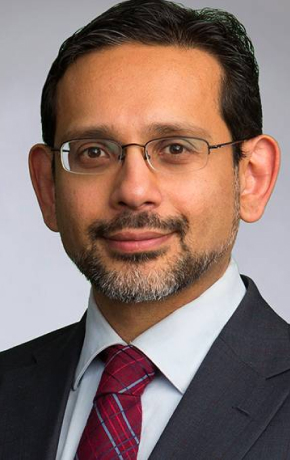
Partner, Canadian Head of Technology, Norton Rose Fulbright

CISO and Head of Information Security, Cox Media Group

Director, Cybersecurity Practice, Datos Insights
Information Security Officer, Deltec Bank & Trust Limited
Our panel of leading CISOs will offer an unfiltered glimpse into the strategic deployment of AI by information security practitioners. These industry leaders will share their direct experiences, focusing on the transformative role AI plays in enhancing security measures, the challenges of integrating AI into existing frameworks, and the innovative strategies developed to mitigate associated risks. Attendees will leave with a comprehensive perspective on strategic AI integration, including:
Shervin Evans, Information Security Officer, Deltec Bank & Trust Limited
AVP Worldwide Partner Sales Engineering, Rubrik
Couple this with the complexity of navigating your own unique data estate and infrastructure and the constantly evolving nature of attacks. Making mistakes can cost millions along with irreparable brand damage. And if we are talking about critical infrastructure impacted by cyberattacks, such as healthcare and public utilities, human lives could be at stake.
Cook will discuss how IT and security teams, at all levels of cyber expertise, can leverage AI to accelerate cyber investigation and recovery.
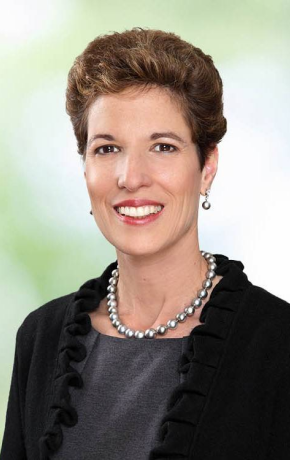
Partner and Chair of the Global Privacy and Cybersecurity Practice, Hunton Andrews Kurth LLP

Partner, Hunton Andrews Kurth LLP
This session, tailored for experienced cybersecurity practitioners, will delve into the critical legal issues surrounding gen AI. The session will provide an overview of the latest gen AI technologies and their implications. It will explore intellectual property law issues, including potential legal risks, IP litigation, indemnification, and practical legal recommendations. Additionally, it will address privacy and cybersecurity law, emphasizing the importance of these principles and the unique risks posed by gen AI. Attendees will gain insights into the U.S. regulatory landscape and the EU AI Act, essential legal considerations for maintaining privacy and cybersecurity, and best practices for AI governance. This comprehensive session aims to equip cybersecurity practitioners with the knowledge and strategies needed to navigate the evolving legal landscape of gen AI effectively.
Key takeaways:
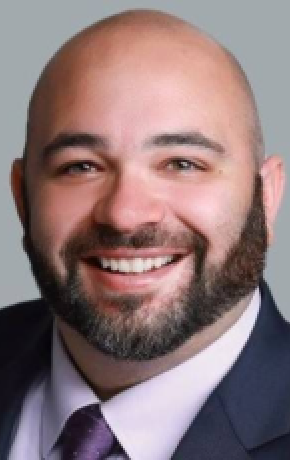
Vice President, Cyber, Woodruff Sawyer

CISO, ChristianaCare
Senior Associate Attorney, BakerHostetler
However, as AI algorithms increasingly influence medical decision-making, concerns about bias and discrimination have become more apparent. These biases can arise from inherent issues in AI datasets, algorithmic design, and implementation, potentially perpetuating disparities in healthcare delivery and outcomes. This session will delve into the ethical, legal, and security implications of healthcare discrimination facilitated by AI, including the erosion of trust, patient harm, and legal challenges. We will explore how AI’s blind spots can inadvertently reinforce existing biases and how representative datasets can help mitigate these challenges.
Join us to examine the following key areas:

Chief Privacy Officer and IT Division Director, City of Seattle, Washington

Chief Privacy Officer, UChicago Medicine
As organizations harness the power of AI to fortify their cybersecurity posture, a pivotal challenge emerges: striking the delicate balance between robust threat prevention and the protection of individual and organizational privacy.
This session will address the need to safeguard data privacy, along with the governance and compliance considerations necessitated by the proliferation of AI utilization. Beyond simply identifying challenges, this session will serve as a practical guide, offering actionable strategies for the ethical implementation of AI in cybersecurity operations.
Tailored for CISOs, IT professionals, data scientists, and all stakeholders intrigued by the intricate interplay of AI, ethics, and security, the discussion aims to shape a responsible and privacy-conscious approach to AI deployment.
Key discussion points:

U.S. Representative, Illinois 11th Congressional District
Join us for a thought-provoking discussion that explores the intersection of technology, governance, and the expanding use of artificial intelligence across public and private sectors alike.
U.S. Rep. Foster will discuss:
 11/05/2025 08:00 am
to
11/05/2025 08:00 am
to
 11/05/2025 09:00 am
to
11/05/2025 09:00 am
to
 11/05/2025 09:15 am
to
11/05/2025 09:15 am
to
New York City: There are 8.5 million people out there, and every one of them is a potential fraud victim.
This session tells the story of a New York Police Department detective whose mission is to protect those people and their businesses from fraud.
Join Detective Daniel Alessandrino of the NYPD Special Frauds Squad for this exclusive Q&A session where he will discuss:

Daniel Alessandrino
Detective, Special Frauds Squad, TFO USSS - NYFO
 11/05/2025 09:45 am
to
11/05/2025 09:45 am
to
The rise of digital identity verification has revolutionized how financial institutions combat fraud, but it has also introduced new vulnerabilities.
Fraudsters are increasingly exploiting weak points in verification systems, such as synthetic identities and stolen credentials. This session examines how advancements in biometrics, AI and fraud modeling are reshaping identity verification to stay ahead of sophisticated financial crime tactics.
We’ll explore how to balance frictionless customer onboarding with robust security, examining the latest fraud prevention strategies that safeguard digital identities without sacrificing user experience.
Key Discussion Points:

Steve Lenderman
Head of Fraud Prevention, isolved, CyberEdBoard Member

Nisan Bangiev
Director, Fraud Risk Officer, Valley Bank
 11/05/2025 10:15 am
to
11/05/2025 10:15 am
to
A trillion-dollar fraud economy is growing thanks to a supply chain of fake document providers.
They’re not in the dark web, but brazenly out in the open for any search engine to find.
These template farms sell everything from bank statements to death certificates, and some have moved up the value chain to sell pre-verified bank accounts. Join this talk to learn how this new supply chain operates, and how the combination of scale, AI, and data leaks are challenging fraud controls the world over.
 11/05/2025 10:55 am
to
11/05/2025 10:55 am
to
 11/05/2025 11:20 am
to
11/05/2025 11:20 am
to
Artificial Intelligence has redrawn the boundaries of trust. What once relied on the human eye or ear can now be forged with a few lines of code.
Voice and video deepfakes, hyper-personalized phishing, and synthetic identities are redefining cyber risk, turning deception into an industrial-scale business.
In this session, Amit Basu, CIO and CISO of International Seaways, will discuss how AI is transforming phishing, social engineering and financial fraud, and examine the erosion of traditional identity verification in a world where seeing and hearing are no longer believing. He will outline how organizations must rethink identity and access management strategies to defend against these evolving threats.
While AI-enabled attacks may ultimately be best countered by AI-powered defenses, most of those technologies remain experimental and are not yet ready for full deployment. Attendees will gain practical insights on how to act now to preserve trust by strengthening multi-factor authentication, deploying identity threat detection and hardening privileged access in a world where even reality can be faked.
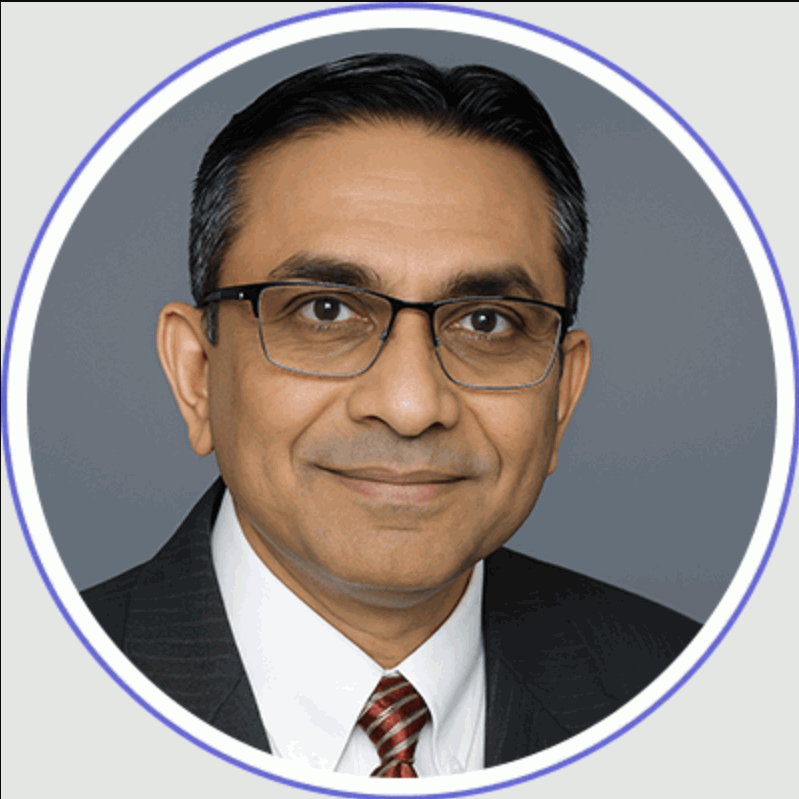
Amit Basu
Vice President, CIO & CISO, International Seaways
 11/05/2025 11:50 am
to
11/05/2025 11:50 am
to
Fraud as a service has evolved into a highly organized business model, offering cybercriminals access to tools like phishing kits, malware and stolen payment data.
By lowering the technical barriers, FaaS enables large-scale fraud operations that contributed to global financial losses of nearly $485.6 billion in 2023. In 2024, scam operations using Telegram bots to automate phishing and fraud highlight just how widespread and accessible these services have become, affecting industries from financial services to healthcare.
This session will explore the growth of FaaS and its impact on security across industries.
Experts will share insights into how these services operate, as well as actionable defenses to disrupt and prevent FaaS-driven attacks, including:

Karen Boyer
SVP Financial Crimes, M&T Bank, CyberEdBoard Member
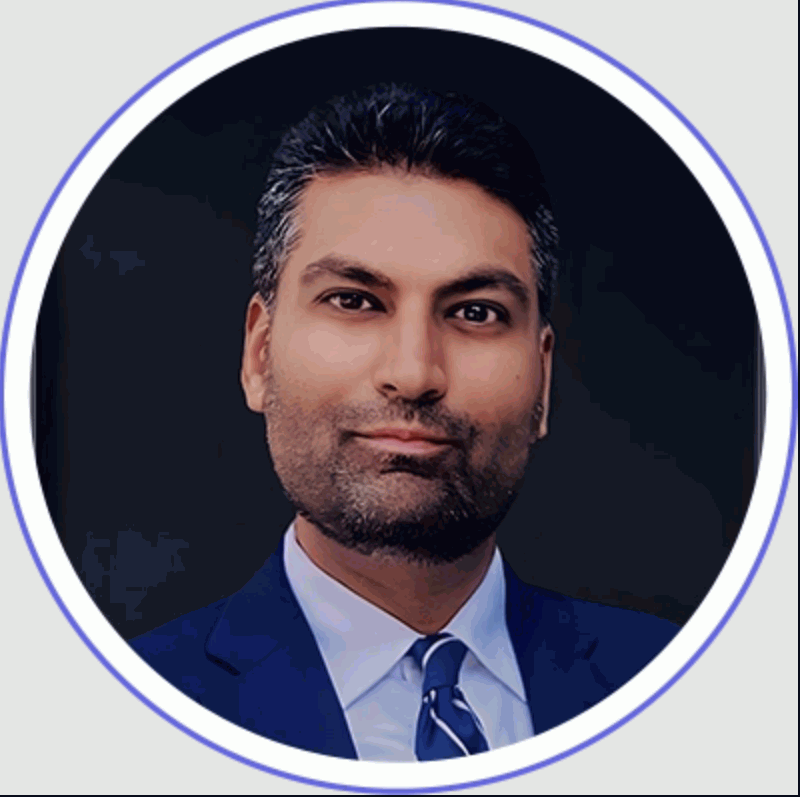
Hiral Mehta
Partner, Mayer Brown LLP
 11/05/2025 12:20 pm
to
11/05/2025 12:20 pm
to
Insider threats, whether caused by malicious actors or negligent employees, remain one of the most difficult challenges for organizations to manage.
With insider-driven data incidents increasing 28% in the past year alone, employees with privileged access remain a prime target for exploitation by external actors and, potentially, a direct source of fraud and data compromise. Whether it’s deliberate fraud or unintentional leaks, insider threats can lead to significant financial and reputational damage.
This session will explore the importance of maintaining an insider threat program and how organizations can better detect, prevent and respond to insider-driven fraud.
We will discuss:

David Pollino
Founder, YourSecPro
 11/05/2025 12:50 pm
to
11/05/2025 12:50 pm
to
 11/05/2025 01:50 pm
to
11/05/2025 01:50 pm
to
With data breaches becoming more frequent and severe, organizations face the growing risk of financial fraud and identity theft in the aftermath.
This session focuses on practical strategies to minimize fraud risks after a breach, offering insights into how organizations can quickly mitigate the damage and protect affected individuals. From identity monitoring to rapid incident response, this session will cover the critical actions organizations must take to prevent fraud from compounding the impact of a breach.
Attendees will explore the latest best practices for post-breach fraud prevention, including how to secure compromised data, implement identity protection measures, and minimize the potential for further financial or reputational damage. Panelists will share real-world examples of organizations that successfully reduced fraud risks after data breaches, offering a road map for effective post-breach responses.
Key Discussion Points:

Matthew Homer Meade
Chair, Cybersecurity, Data Protection & Privacy Group, Eckert Seamans
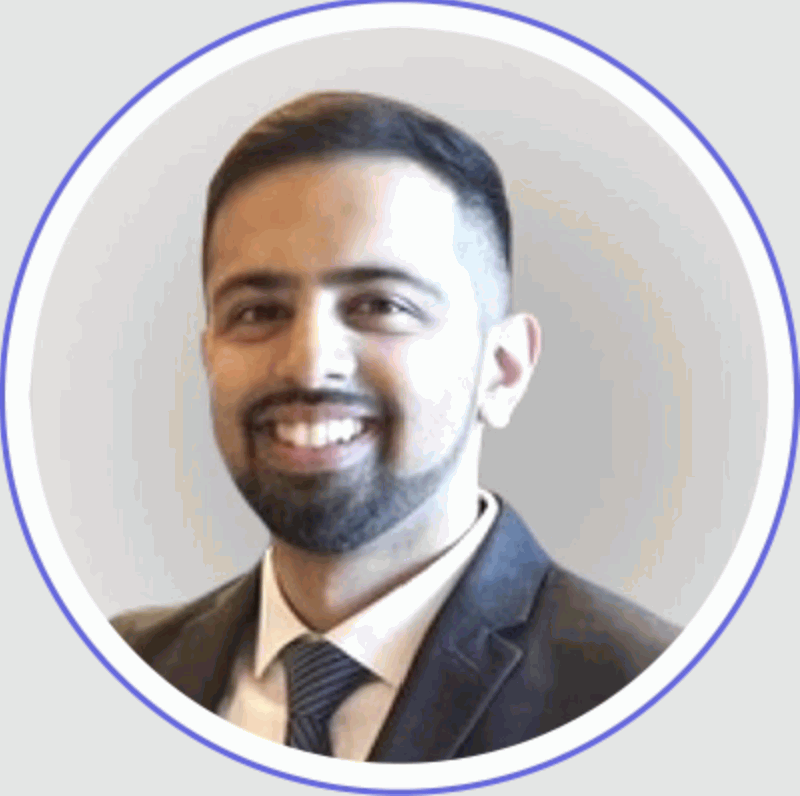
Ahmed Pasha
CISO, Nomura

Juan Alberto Funes Carniago
Director, Fraud & Decisioning Products, Mastercard
 11/05/2025 02:20 pm
to
11/05/2025 02:20 pm
to
Automated credential stuffing attacks are on the rise, and demand vigilance from organizations to safeguard their most sensitive account data.
The nearly 10 billion passwords compromised in the RockYou2024 leak is a stark example of how an ever-increasing supply of stolen credentials can enable high-volume, precision-driven attacks with minimal effort.
With leading companies in finance, retail and manufacturing all falling victim to credential stuffing attacks in the last year, no organization is immune to the financial and reputational damage they can inflict. This session will explore advanced defense strategies, the role of AI in stopping automated fraud, and the latest tools that organizations are deploying to stay ahead of attackers.
We’ll also examine how industries such as financial services, retail and healthcare are evolving their approach to combat these increasingly sophisticated attacks – integrating cutting-edge solutions to mitigate risks and secure their most valuable assets.
Key Discussion Points:
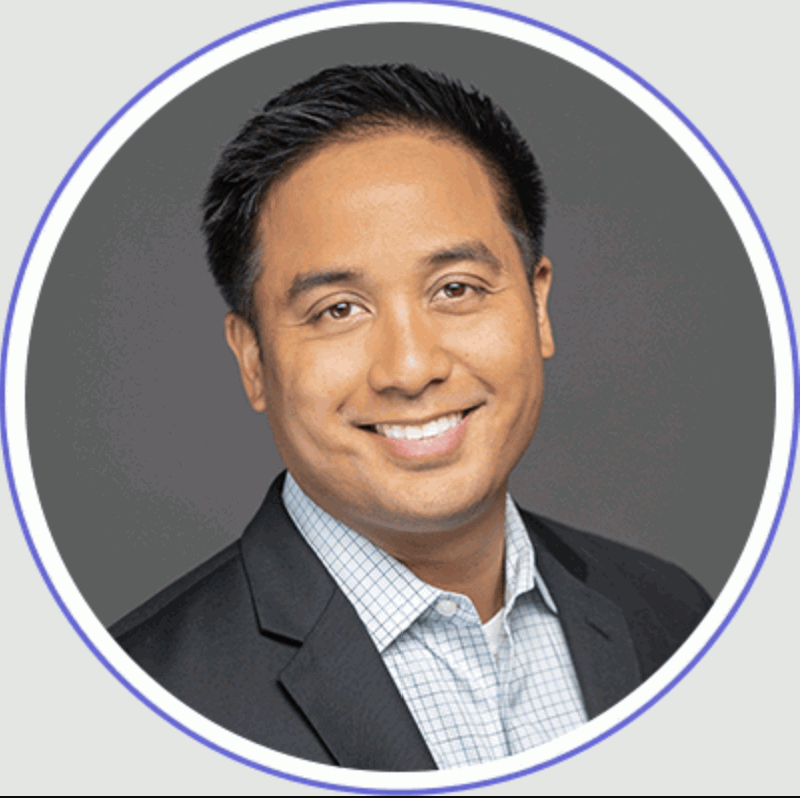
Dan Galeon
Director, Head of Platforms Governance, Robinhood
 11/05/2025 02:50 pm
to
11/05/2025 02:50 pm
to
 11/05/2025 03:10 pm
to
11/05/2025 03:10 pm
to
As fraudsters continue to exploit vulnerabilities across various sectors, the need for a more unified defense against cyber fraud has never been greater. Regardless of industry, fraudsters benefit from a host of new resources to penetrate defenses and glean the data with the greatest leverage and financial return.
This session explores the importance of sharing fraud intelligence across industries to create a more robust and cohesive defense strategy. By learning from one another’s experiences and challenges, organizations can better protect themselves against evolving fraud schemes.
Participants will gain insights into the benefits and challenges of cross-industry collaboration, including the regulatory and privacy considerations that come with sharing sensitive threat intelligence.
The session will also examine successful examples of industries working together to combat fraud and how to implement similar strategies within their organizations.
Key Discussion Points:

Fred Harris
Managing Director - Global Head of Cybersecurity & Technology Risk, Deutsche Bank, CyberEdBoard Member
 11/05/2025 03:40 pm
to
11/05/2025 03:40 pm
to
As fraud becomes increasingly sophisticated and technology-driven, organizations must move beyond treating it as a technical or compliance issue.
Fraud is a business risk – one that directly impacts growth, customer trust, and resilience. Generative AI, synthetic identities, and automated fraud networks are changing the game, targeting mid-sized and fast-growing businesses that often lack the same level of protection as large enterprises.
This panel brings together cybersecurity, fraud, and business leaders to explore how organizations can reframe fraud as a strategic risk, communicate its impact to boards and executives, and build a culture of shared accountability. Panelists will discuss how to align fraud prevention with business objectives, integrate it into governance and risk frameworks, and leverage technology to strengthen trust while enabling growth.

Sean D. Mack
Managing Director, ISMG

Steve Lenderman
Head of Fraud Prevention, isolved, CyberEdBoard Member

Brennan Lodge
CISO, DeepTempo
 11/05/2025 04:10 pm
to
11/05/2025 04:10 pm
to
